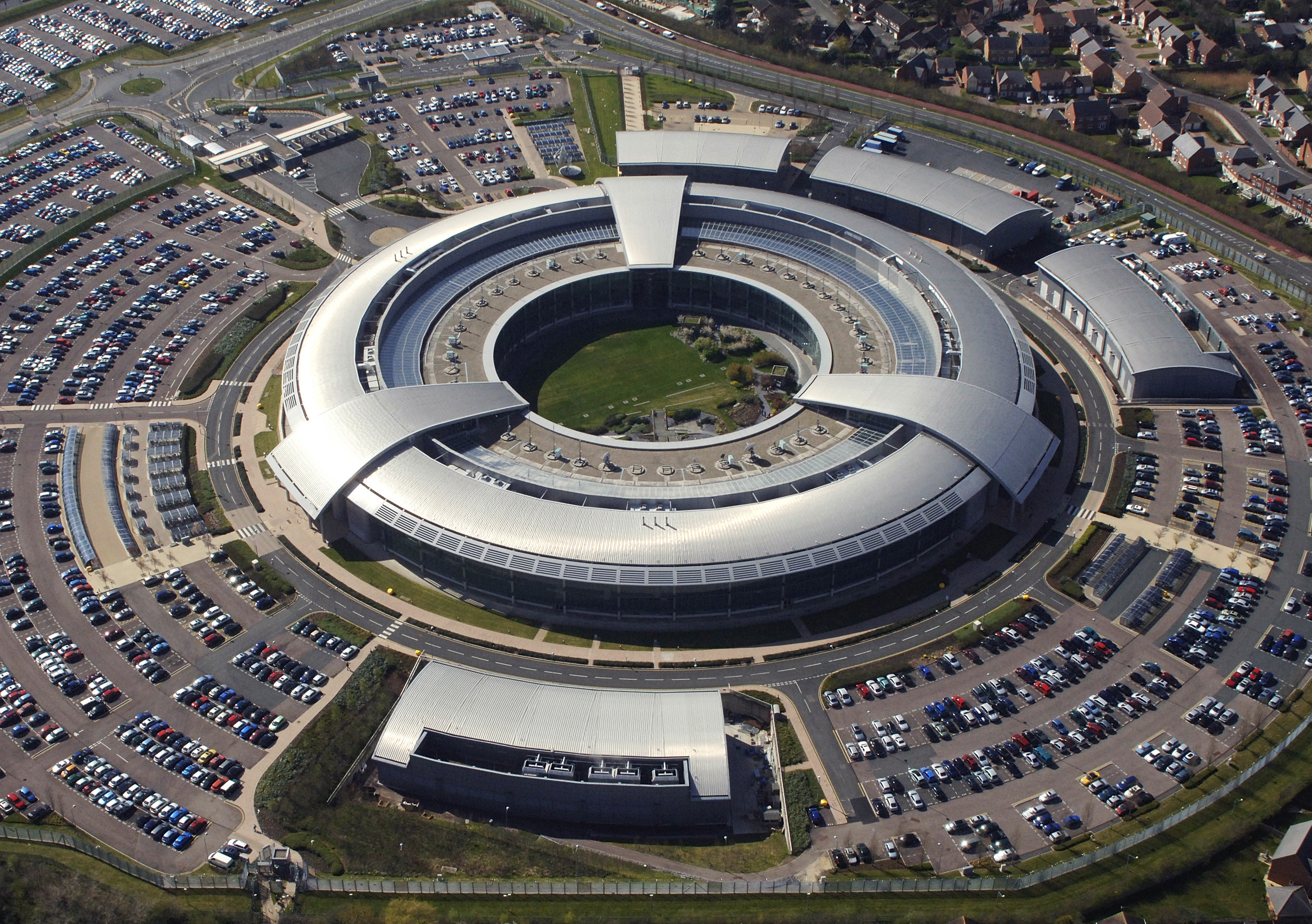UK High Court: Data Retention Under 'Snoopers' Charter' Is Unlawful
Get Tom's Hardware's best news and in-depth reviews, straight to your inbox.
You are now subscribed
Your newsletter sign-up was successful
After a challenge to the data retention provision in the Investigatory Powers Act from Liberty, a human rights advocacy group, the UK High Court ruled that the provision is unlawful.
Data Retention Is Unlawful
The data retention provision in the IPA was one of the most controversial, and also the one that Liberty attacked in the first stage of the group’s comprehensive challenge to the law. Liberty argued that asking ISPs and other companies to retain every citizen’s data so that the government can access it at will violated the public’s right to privacy.
The High Court ruled that the data retention provisions in IPA are unlawful because the ministers can issue data collection orders without independent judicial review or authorization and for reasons that have nothing to do with serious crime.
Martha Spurrier, Director of Liberty, said:
Police and security agencies need tools to tackle serious crime in the digital age – but creating the most intrusive surveillance regime of any democracy in the world is unlawful, unnecessary and ineffective.Spying on everyone’s internet histories and email, text and phone records with no suspicion of serious criminal activity and no basic protections for our rights undermines everything that’s central to our democracy and freedom – our privacy, free press, free speech, protest rights, protections for journalists’ sources and whistleblowers, and legal and patient confidentiality. It also puts our most sensitive personal information at huge risk from criminal hackers and foreign spies.
UK Government Keeps Avoiding Court Rulings
The UK government’s data retention and mass surveillance provisions have been declared unlawful several times over the past few years by both the UK and EU courts. However, the government has been able to play a sort of whac-a-mole game with the courts by writing new laws with more or less the same or worse policies. By the time the old law was challenged in court and invalidated, the government was able to continue its data retention and mass surveillance activities through the new laws.
In 2014, The Court of Justice of the European Union (CJEU) first ruled that UK’s data retention law (at the time called RIPA) was unlawful. The UK government then released a new law with minor changes to the unlawful provisions, called DRIPA, which kept the data retention in.
Get Tom's Hardware's best news and in-depth reviews, straight to your inbox.
In 2015, the UK High Court ruled that DRIPA, the surveillance law that existed before IPA, was also unlawful. However, the UK government then passed Snoopers’ Charter or IPA in 2016, and it included even broader data retention and mass surveillance policies.
Through Liberty and other organizations’ persistence in suing the government, the High Court has once again ruled that the data retention provision in IPA is also unlawful. The court has now given the government six months to fix the law. It remains to be seen if the UK government will continue its game of passing previously ruled unlawful provisions inside new laws.
Spurrier added that the fight to invalidate the whole Snooper’s Charter continues:
The Court has done what the Government failed to do and protected these vital values – but today’s ruling focuses on just one part of a law that is rotten to the core. It still lets the state hack our computers, tablets and phones, hoover up information about who we speak to, where we go, and what we look at online, and collect profiles of individual people even without any suspicion of criminality. Liberty’s challenge to these powers will continue.
This fight is also a fight against time, as the UK Prime Minister Theresa May said that the UK will exit the jurisdiction of the Court of Justice of the European Union in March 2019. That means the UK will no longer have to abide by the EU Charter of Fundamental Rights.
Even if the UK complies with the High Court’s latest demand to fix parts of IPA, the policies may be reverted once the UK is officially out of the EU. However, challenges to the European Court of Human Rights, whose jurisdiction includes countries that have signed the European Convention on Human Rights, should continue.
Lucian Armasu is a Contributing Writer for Tom's Hardware US. He covers software news and the issues surrounding privacy and security.
-
ElectrO_90 Britain became worse than America and gets money from America for data swaps as well. Lovely jubblyReply -
ravewulf Reply
Pretty sure we're still far worse off in the USA. Patriot Act, Citizen's United, repeal of Net Neutrality rules, etc, etc20929722 said:Britain became worse than America and gets money from America for data swaps as well. Lovely jubbly
